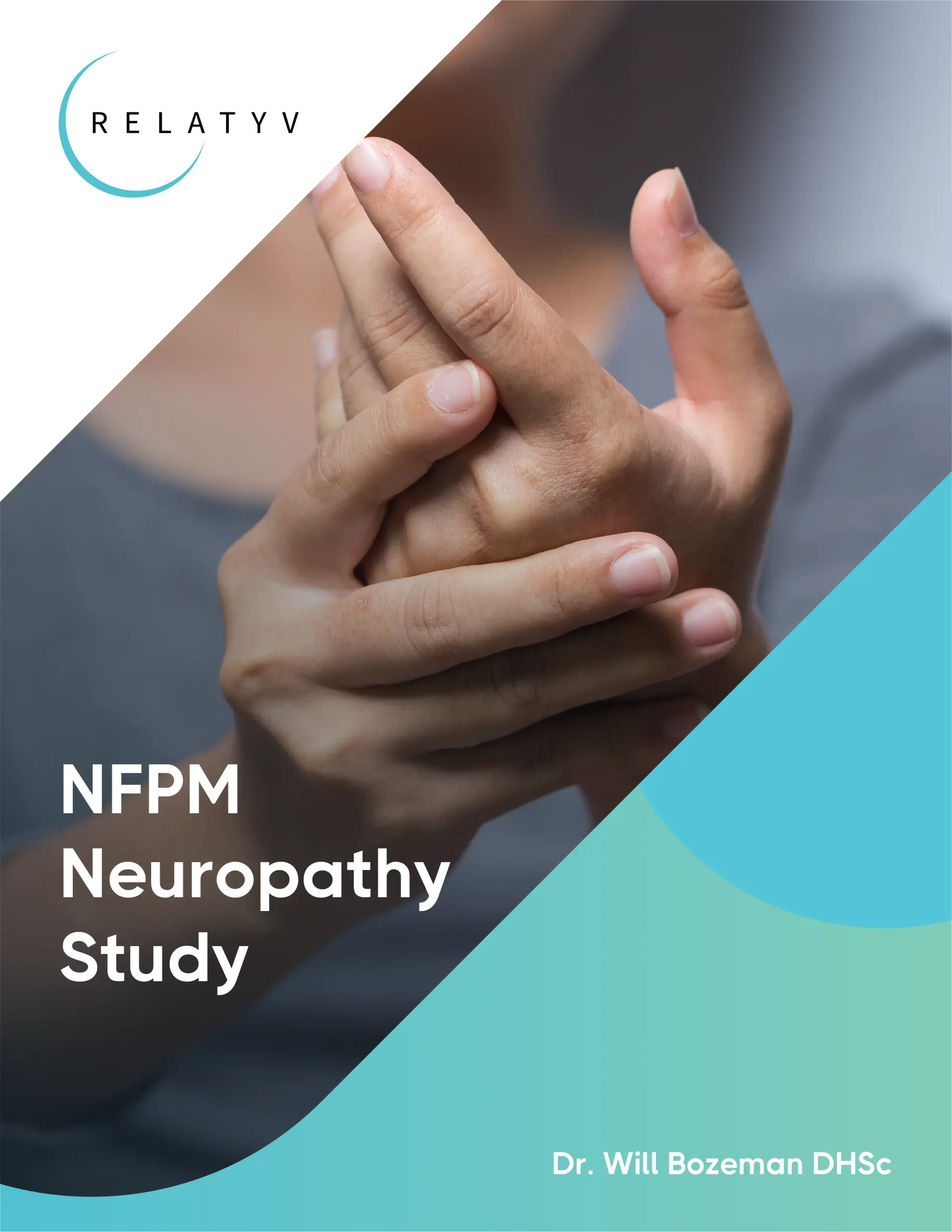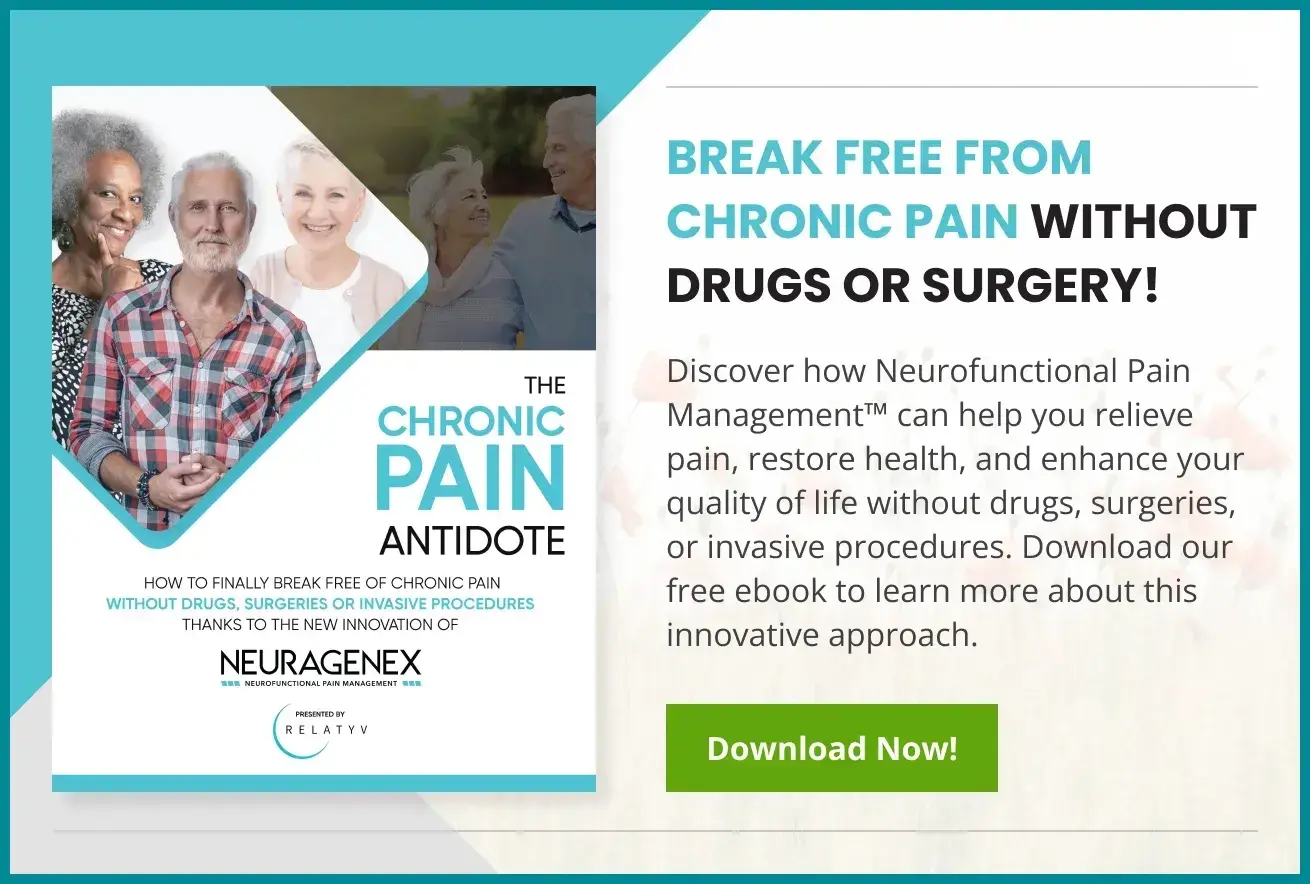- Highly Effective Chronic Pain Relief
- Drug-Free
- Surgery-Free
- No Side Effects
- 100% At-Home Treatment
- FDA-Cleared
- Immediate Appointments
- Medicare & All Insurances Accepted
- Financing Available if Necessary
Learn How Neuragenex NFPM Works To Finally Eliminate Pain Safely
WATCH THE VIDEO.
SEE HOW WE’RE CRUSHING CHRONIC PAIN & HELPING PATIENTS WRITE THEIR COMEBACK STORY.
Relieve Pain
Relieving chronic pain without drugs or surgery is the foundation of Neuragenex Neurofunctional Pain Management™ Therapy.
Non-Drug
Neuragenex NFPM is a non-pharmaceutical, non-opioid, non-drug pain treatment program.
Non-Surgical
We believe in exploring all non-surgical options first. Neuragenex NFPM is a non-surgical pain treatment program.
Non-Invasive
We believe invasive implants and steroid injections should be reserved until non-invasive options are explored first.
Non-Chiropractic
Neuragenex NFPM is a non-chiropractic pain treatment program utilizing medical therapies to relieve chronic pain.
REAL PATIENTS. REAL RESULTS. REAL LIVES CHANGED.
Neuragenex NFPM Works When Other Treatments Fail—Safely and Without Drugs.
Watch Our Patients’ Stories
Peripheral neuropathy, back pain, knee pain, joint pain, fibromyalgia, arthritis, broken bones, spinal issues, chronic headaches, trigeminal neuralgia, plantar fasciitis, and dozens of other chronic pain conditions—meet some of our patients who have reclaimed their lives from the grips of pain with our help.
Proven Effective for Dozens of Chronic Pain Conditions
Neuragenex Neurofunctional Pain Management® is a non-pharmaceutical, non-surgical, non-invasive, and non-chiropractic pain management program. Patients receiving this treatment for chronic pain may be able to avoid opioids and reduce or even eliminate the need for surgery, invasive procedures, and implants.
Respected Doctors Rave About the Effectiveness and Safety of Neuragenex NFPM
HIGHLY EFFECTIVE. ZERO PERCENT CHANCE OF SIDE EFFECTS OR NEGATIVE OUTCOMES.
I estimate that 85% of my patients experience greater than a 50% improvement in their pain. Many report a complete resolution of their pain. Neuragenex Neurofuctional Pain Management is an absolutely effective treatment for many painful conditions and disorders with no risk of adverse side effects or outcomes.



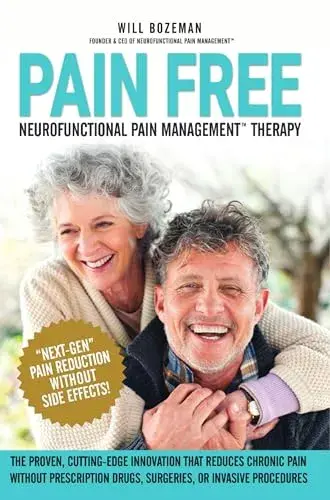
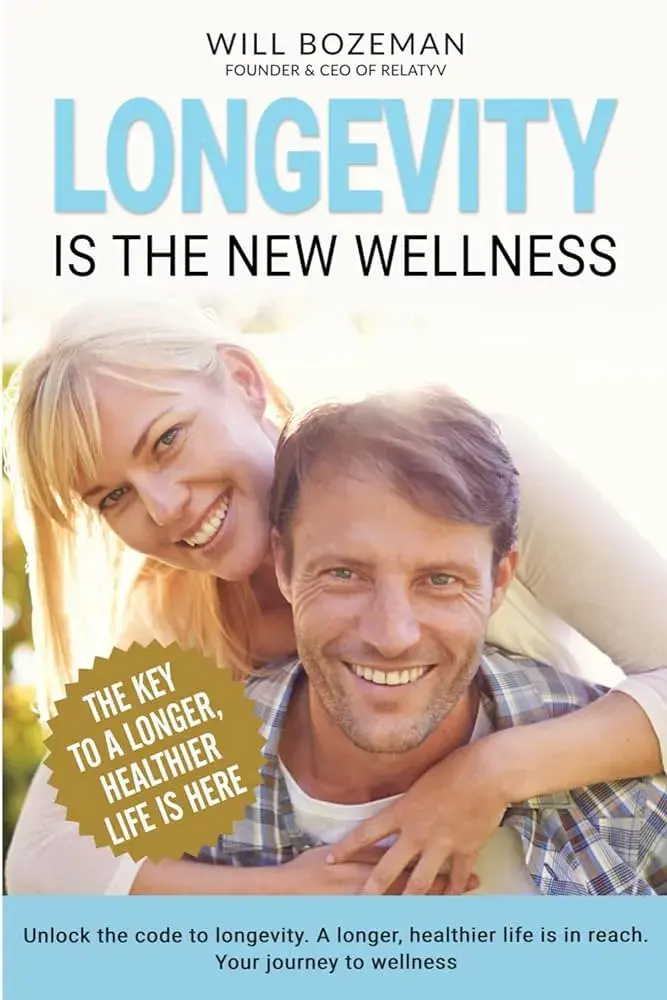

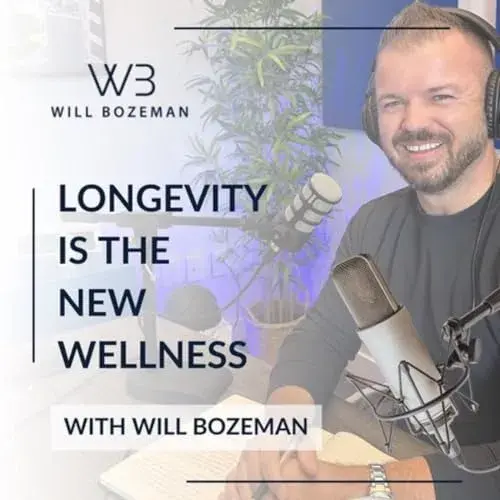
Meet Will Bozeman,
the Creator of Neuragenex NFPM
Will is a healthcare executive, innovator, entrepreneur, inventor, author, and writer with a wide range of experience in the medical field. Will has multiple degrees in a wide range of subjects that give depth to his capability as an entrepreneur and capacity to operate as an innovative healthcare executive. Will has an associate degree in electrical technology, two undergraduate degrees in biotechnology and archaeology, an MBA, and attended medical school in Alabama.
Access Our Learning Center
Our Most Viewed Articles and How-Tos On Living a Better Life.







